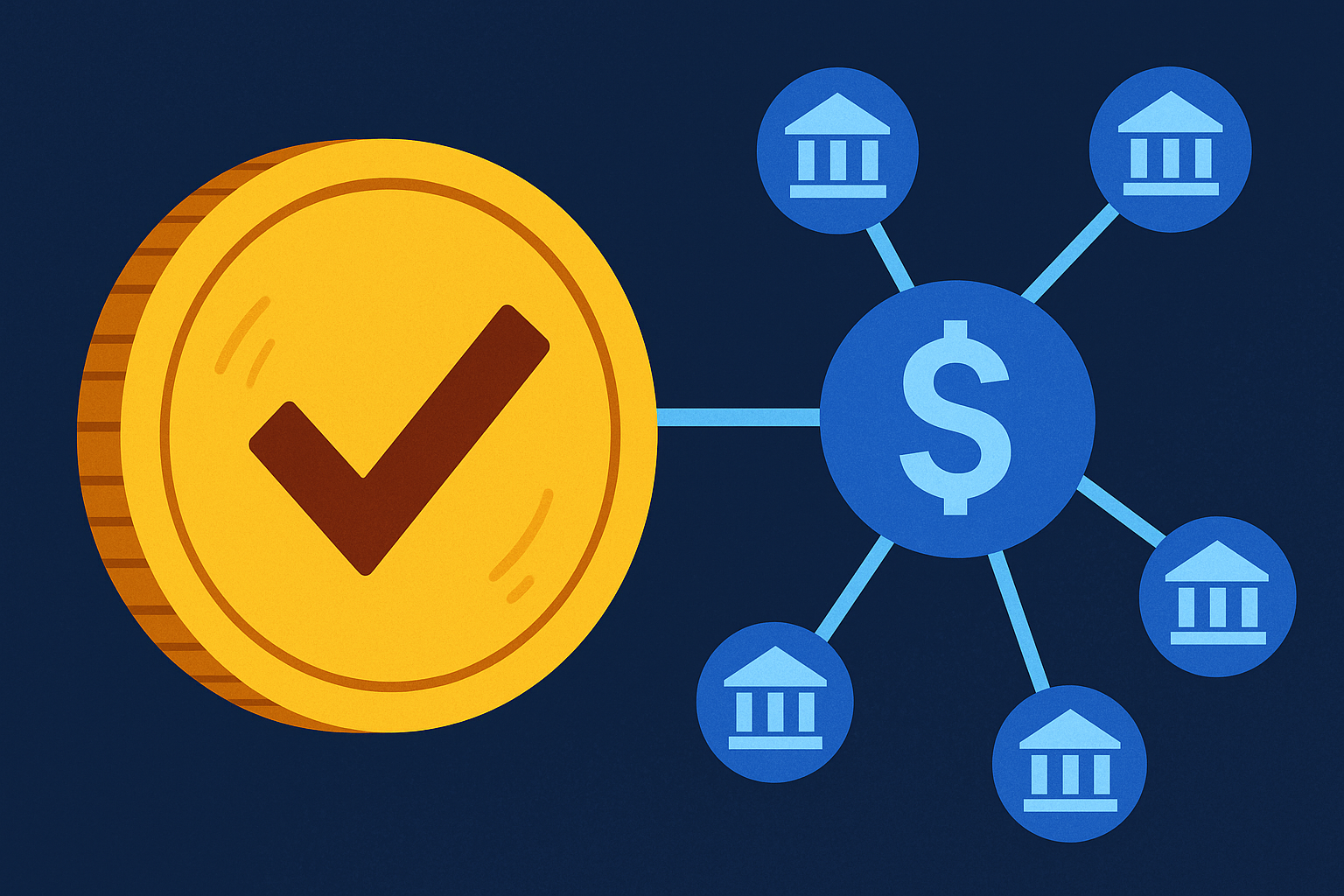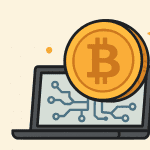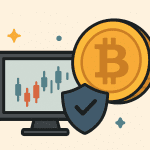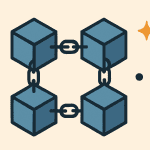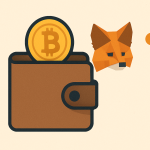In traditional finance, decisions are made by company owners or executives. But in DeFi (Decentralized Finance), things work differently.
Many DeFi projects use governance tokens to give control to the community. But what does that mean? And why is it important?
This beginner-friendly article will explain what governance tokens are, how they work, and how they let users have a say in how DeFi projects grow.
Contents
What Is a Governance Token?
A governance token is a special kind of cryptocurrency that lets holders vote on decisions within a DeFi project or protocol.
When you own a governance token, you get to help decide things like:
-
Changes to fees
-
How funds are used
-
New features or updates
-
Partnerships or integrations
-
Which tokens to support or delist
This system puts power in the hands of the users, not just the developers or founders.
Why Do Governance Tokens Matter?
Governance tokens are a key part of making DeFi decentralized. Instead of one company making all the decisions, token holders vote on what happens.
It’s like being a shareholder, but for an open, digital finance project.
Benefits of governance tokens:
✅ Community control
✅ Transparency in decision-making
✅ Incentives for long-term holders
✅ More trust in the protocol
How Does Voting Work?
Most DeFi platforms use on-chain voting, where all votes are recorded on the blockchain. Here’s how it usually works:
-
A proposal is created (anyone or only a certain group can create it).
-
Token holders review the proposal and vote “yes” or “no.”
-
The more tokens you hold, the more voting power you have.
-
If the proposal passes, the changes are applied to the platform.
Some votes are simple yes/no decisions. Others may involve complex governance rules and quorum thresholds (minimum number of votes required).
Examples of Governance Tokens
Here are some popular DeFi projects with governance tokens:
| Project | Token | Purpose |
|---|---|---|
| Uniswap | UNI | Vote on protocol upgrades and fees |
| Aave | AAVE | Vote on lending rules and protocol changes |
| Compound | COMP | Control protocol updates and interest models |
| MakerDAO | MKR | Decide on DAI stability and system changes |
| Curve | CRV | Vote on pool rewards and token emissions |
These tokens are often given as rewards for providing liquidity, staking, or participating in the ecosystem.
Do You Need a Lot of Tokens to Vote?
Not always. Some platforms let any holder vote, even with a small amount.
Others may require:
-
A minimum token balance
-
Delegating your votes to someone else (like a trusted voter)
-
Holding tokens for a certain period
This helps prevent spam or manipulation from bad actors.
Can Governance Tokens Go Up in Value?
Yes, governance tokens can be traded on exchanges like any other crypto.
Their value depends on:
-
Demand from users
-
The importance of the project
-
Token supply
-
How much control the token offers
Some people buy governance tokens to invest in the future of a protocol — others buy them to participate in the decision-making.
Risks to Be Aware Of
While governance tokens are powerful, they also have risks:
⚠️ Low participation – If few people vote, a small group can control everything.
⚠️ Whales (large holders) – Can influence or dominate voting power.
⚠️ Complex rules – Some proposals may be hard for beginners to understand.
⚠️ Token volatility – Prices can rise or fall quickly like any crypto asset.
Make sure to research before joining any governance system.
How to Get Governance Tokens
Here are a few ways:
-
Buy them on exchanges (like UNI, AAVE, COMP)
-
Earn them by providing liquidity or staking
-
Receive them as part of airdrops or community rewards
You can then use your tokens to vote through the platform’s governance portal (usually via wallet like MetaMask).
Final Thoughts
Governance tokens are one of the most exciting parts of DeFi. They give regular users the power to shape the future of decentralized platforms.
Whether you want to vote, invest, or just learn, governance tokens are a great way to get involved in the growing world of Web3 and crypto.
As DeFi continues to grow, community-driven decisions will become more important — and governance tokens are the keys to that future.
